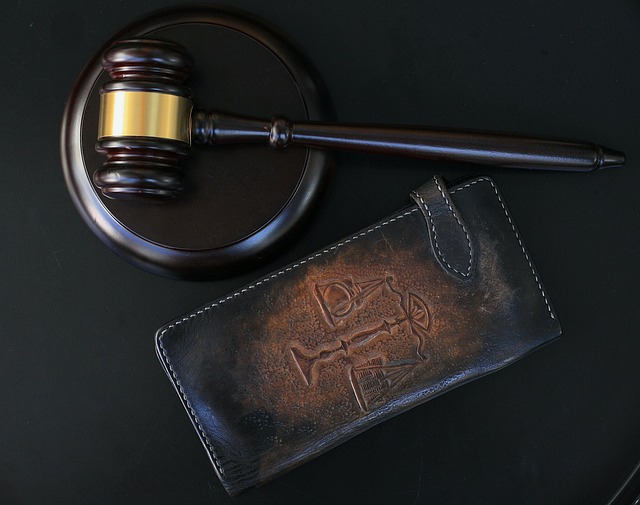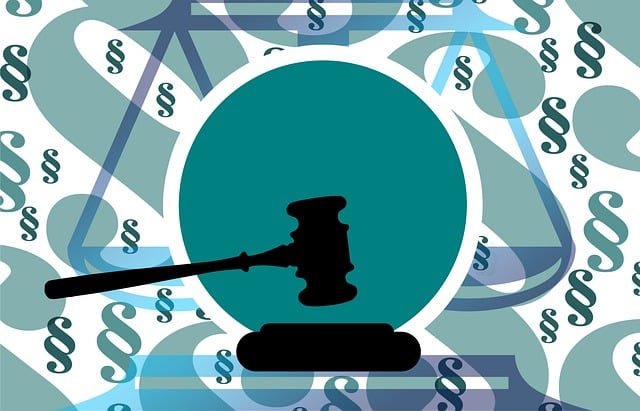Effective litigation risk management in criminal law involves upholding strict due process to ensure fairness and protect rights. This includes meticulous case assessment, strategic pleadings, and adherence to legal frameworks, minimizing liabilities and enhancing mitigation capabilities. Staying informed about industry trends and engaging with communities promotes transparency and accountability, fostering trust in a robust legal system that guards against unfair persecution.
In the intricate world of criminal law, understanding and managing litigation risks is paramount to ensuring justice and fair trials. This comprehensive guide delves into the critical aspect of litigation risk management, with a focus on due process. We explore how legal frameworks safeguard rights and procedures, while also presenting best practices for attorneys and professionals to navigate complex cases effectively. By examining these strategies, practitioners can minimize risks, uphold due process, and foster integrity within the criminal justice system.
- Understanding Litigation Risk in Criminal Law
- Ensuring Due Process: Legal Frameworks
- Best Practices for Effective Risk Management
Understanding Litigation Risk in Criminal Law
Litigation risk management is a critical aspect of any legal practice, particularly in criminal law cases where due process must be rigorously upheld. Understanding and mitigating these risks are essential to ensuring fairness and justice for all parties involved. Criminal law, by its nature, deals with severe consequences such as imprisonment or even the death penalty. Therefore, the potential for litigation risk is heightened, requiring a meticulous approach to case management.
The right strategies can help attorneys navigate complex legal landscapes and avoid indictment in cases where evidence may be circumstantial or contentious. Through careful case assessment, effective discovery processes, and strategic pleadings, lawyers can aim for a complete dismissal of all charges. This involves a thorough examination of the facts, applicable laws, and procedural rules to build a robust defense strategy that respects due process rights in criminal law cases.
Ensuring Due Process: Legal Frameworks
Ensuring due process is a cornerstone of any robust legal system, particularly in criminal law cases where the stakes for both corporate and individual clients can be immense. This involves adhering to strict protocols and frameworks that safeguard an individual’s rights throughout the litigation process. Legal frameworks play a pivotal role here, establishing guidelines for every step from investigation to sentencing, ensuring that evidence is admissible, procedures are transparent, and all parties have equal access to justice.
A well-defined legal framework guarantees that no one is above the law and provides a level playing field for both prosecutors and defendants. This due process not only protects the rights of those accused but also instills public confidence in the integrity of the judicial system. Ultimately, it facilitates the complete dismissal of all charges if the evidence warrants it, allowing businesses and individuals alike to conduct their respective operations without undue interference or fear of unfair persecution.
Best Practices for Effective Risk Management
Effective litigation risk management is a multifaceted strategy that involves meticulous planning and proactive measures. One of the cornerstone best practices is adhering to due process in criminal law cases, ensuring fairness and minimizing potential liabilities. This includes rigorous case assessment, where each step from investigation to trial is scrutinized for potential risks and vulnerabilities. By implementing robust internal protocols, legal teams can navigate complex scenarios with clarity, thereby enhancing their ability to mitigate adverse outcomes.
Moreover, staying abreast of industry trends and regulatory changes across the country is vital. This knowledge enables law firms to anticipate and address emerging challenges in high-stakes cases, which often captivate the public eye and involve significant financial implications. Engaging with philanthropic and political communities can also foster a culture of transparency and accountability, enhancing the reputation of legal practices and fostering trust among stakeholders.
Effective litigation risk management is paramount in ensuring fair and just outcomes in criminal law cases. By understanding the nuances of litigation risk, implementing robust due process frameworks, and adopting best practices, legal professionals can navigate complex challenges with confidence. Prioritizing proactive measures and staying abreast of evolving legal landscapes are key to mitigating potential risks, ultimately fostering integrity within the criminal justice system.






